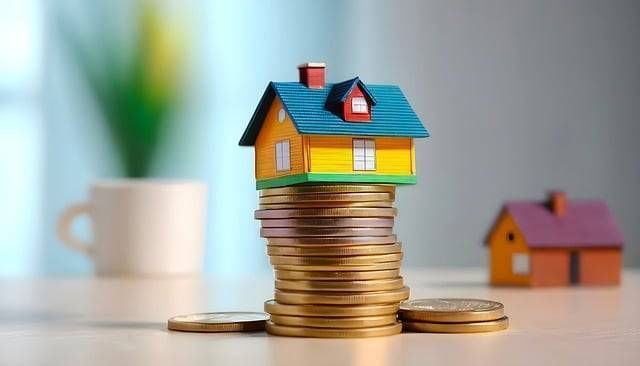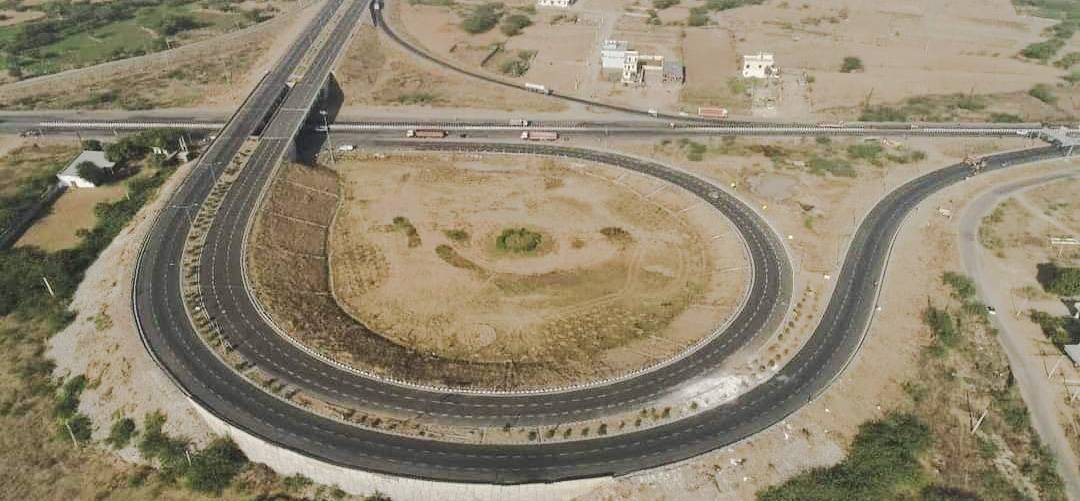The State Level Bankers' Committee (SLBC) report for Q1 FY25 has highlighted a significant decline in housing loan borrowers in Gujarat. This trend marks a notable shift in the state's housing finance landscape, traditionally known for its robust performance. This article delves into the data and factors contributing to this decline, offering insights into its implications for the banking and real estate sectors.
Key Data from the SLBC Report:
The SLBC report indicates a substantial 15% drop in the number of housing loan borrowers in Gujarat during the first quarter of FY25 compared to Q4 FY24. This decline is notable against the backdrop of Gujarat’s historically strong performance in the housing finance sector. For instance, the total number of housing loan borrowers in Q1 FY25 was approximately 450,000, down from 530,000 in the previous quarter.
Impact of Rising Interest Rates:
A significant factor behind this decline is the rise in interest rates. Over the past year, the Reserve Bank of India (RBI) has raised its key policy rates by 75 basis points to counter inflation. As a result, the average interest rate on housing loans has increased from 7.5% to 8.25%. This rise in borrowing costs has made housing loans more expensive, dissuading many potential borrowers. For example, a home loan of ₹30 lakhs taken at an 8.25% interest rate would now cost approximately ₹1.5 lakhs more over its tenure compared to a loan taken at the previous rate of 7.5%.
Market Dynamics and Property Prices:
The rise in property prices is another crucial factor impacting housing loan demand. According to recent data, property prices in Ahmedabad, Gujarat’s largest city, have increased by 8% year-over-year. In Surat, another major city, prices have risen by around 6%. This escalation in property costs has exacerbated the financial burden on prospective homebuyers, making home purchases less affordable and contributing to the decline in loan applications.
Consumer Sentiment and Economic Uncertainty:
Consumer sentiment has shifted significantly, reflecting growing economic uncertainty. A recent survey revealed that 40% of potential homebuyers in Gujarat are now postponing their purchasing decisions due to concerns about job security and future economic conditions. This cautious approach is reflected in the reduced number of loan applications and approvals. In Q1 FY25, the total number of housing loan applications processed dropped to 60,000 from 70,000 in Q4 FY24, marking a 14% decline.
Implications for the Banking Sector:
The decrease in housing loan borrowers presents several challenges for banks operating in Gujarat. Housing loans are a critical component of retail banking portfolios, and a reduction in this segment can impact overall loan growth and profitability. For instance, total housing loan disbursements fell by 12% to ₹12,000 crores in Q1 FY25 from ₹13,600 crores in the previous quarter.
Banks may need to reassess their strategies to address the decline. This could involve diversifying their lending products or enhancing marketing efforts to attract potential borrowers. Additionally, banks may face increased competition to capture the shrinking pool of borrowers, potentially leading to more attractive loan offers, such as reduced interest rates or lower processing fees.
Impact on the Real Estate Market:
The slowdown in housing loan uptake is likely to affect the real estate market in Gujarat. Developers may struggle to sell new residential projects. Data shows a 10% reduction in new project launches in Q1 FY25 compared to the previous quarter. For example, only 20 new residential projects were launched in Ahmedabad, down from 22 in Q4 FY24.
Moreover, the decline in loan borrowers might prompt price corrections in certain market segments. In areas where property prices have surged, such as in the luxury segments of Ahmedabad, developers may need to adjust prices or offer incentives to attract buyers. This could result in more affordable housing options as market dynamics shift.
Potential for Recovery:
Despite the current downturn, there is potential for recovery in the housing loan segment. If the RBI eases its monetary policy or if economic conditions improve, interest rates may stabilize or decrease, making housing loans more affordable. Government initiatives, such as the Pradhan Mantri Awas Yojana (Urban), could also stimulate demand by offering subsidies and incentives for first-time homebuyers.
Long-term trends, including Gujarat’s economic growth and ongoing infrastructure development, are likely to support the housing market. As confidence returns and economic stability improves, the demand for housing loans could see a resurgence, fostering growth in Gujarat’s real estate sector.
Way Forward:
The decline in housing loan borrowers in Gujarat during Q1 FY25, as reported by the SLBC, represents a significant shift with important implications for both the banking and real estate sectors. Rising interest rates, increasing property prices, and cautious consumer sentiment are central factors contributing to this trend. However, with potential economic recovery and supportive government policies, there is optimism for a rebound in the housing loan segment, which could lead to renewed growth and stability in Gujarat’s real estate market.









.png)